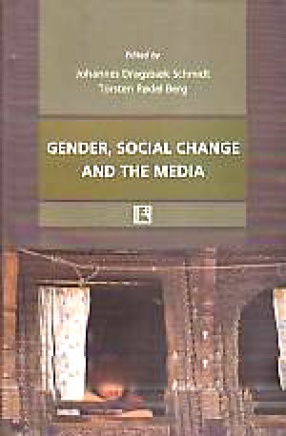The judiciary in India is not merely an adjudicator, but performs more important functions- as authoritative interpreter of the constitution, and as arbiter in disputes between states inter se and between the union and the states. The power of judicial review extends to all administrative and legislative activity, including constitutional amendments. The judiciary inevitably becomes a partner in the collaborative process of formulating and administering substantive social policy. Viewed from another angle, the judiciary has been described as the weakest of the three organs of government and the least dangerous branch, because it functions under severe limitations, some of which are externally imposed and others either self-imposed or inherent. The book is an indepth study of the perennial theme: judicial activism versus judicial self restraint. With reference to all the important decisions of the Supreme Court and various High Courts in the field of public law, the author examines how creative judges, though conscious of the limitations, have been able to make an imaginative use of the leeways available. The three parts, dealing with exclusion of jurisdiction in the constitution, exclusion of jurisdiction in statutes and self-imposed limitations, are followed by a conspectus.

Judicial Process in India: Limitations and Leeways
In stock
Free & Quick Delivery Worldwide
reviews
Bibliographic information
Title
Judicial Process in India: Limitations and Leeways
Author
Edition
1st ed.
Publisher
ISBN
8170248493
Length
ix+322p.
Subjects




There are no reviews yet.